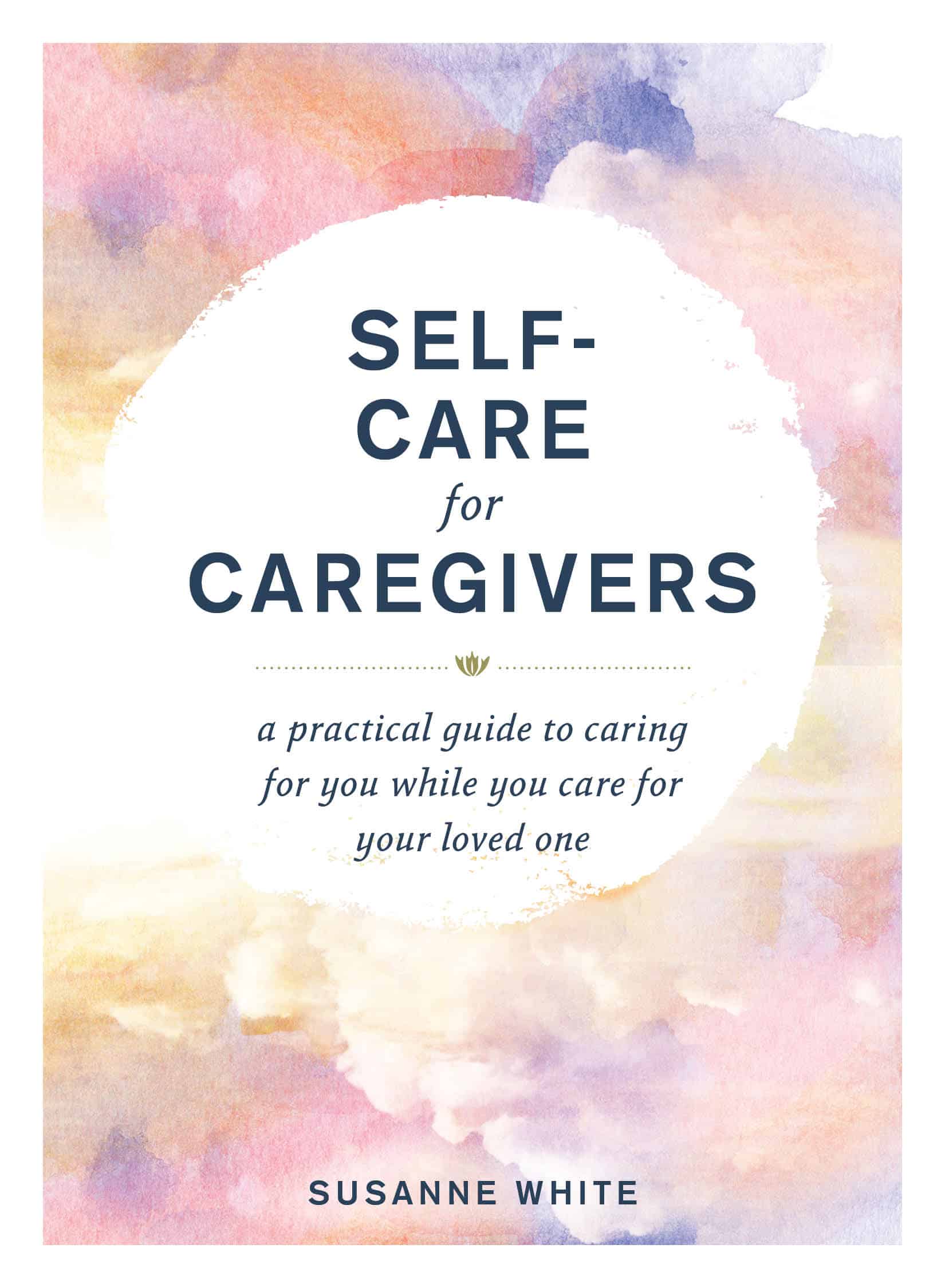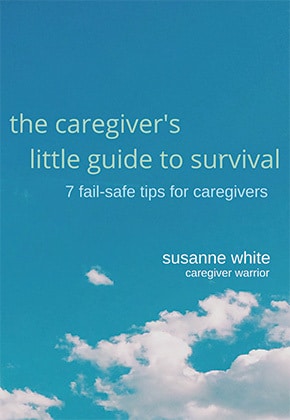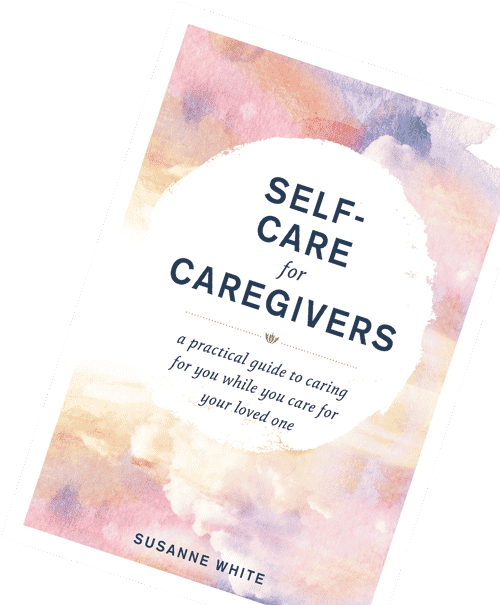How can we effectively and lovingly communicate with those we love who are struggling with language and concepts? By understanding what we are up against and making sure we act accordingly. Once my Mom was diagnosed with Dementia I began to learn everything I could about how I should interact with her. Since she was constantly changing, I had to make adjustments, but I found the following 5 tips really helpful. They created much better conversations.
1. Have Patience.
Having compassion and patience is paramount to having good communication not only in life in general but especially with dementia, Alzheimer’s or patients with cognitive impairment. Calmly allowing someone to take their time to speak or answer can make all the difference. If you are speaking with a patient who is struggling with language, words, and concepts don’t interrupt or try to finish their sentences. It’s demeaning and may even be more confusing. Give them a chance to work it out. Observe any body language or non-verbal cues they may be using to describe what they are trying to say. Above all really listen patiently.
2. Use short phrases, and ask simple, specific questions.
Use short simple phrases, and ask one specific question at a time. Help them describe what they might be asking for or talking about rather than demanding an immediate answer. It’s like doing a jigsaw puzzle or solving a mystery. Ask them what color it is, where it might be, or what does it look like. By using simple phrases or calmly asking one specific question at a time, they may be able to better understand what it is we are saying or asking. Remember that asking lots of questions at once or using long complicated sentences can be overwhelming.
3. Watch your tone and attitude.
Be very, very mindful of your tone of voice. The words you are using may be saying one thing but your tone of voice is saying something else. The tone you use gives you away if you are anxious, annoyed or angry. Patients are aware on many different levels even if they don’t seem able to understand. Be sure to use calm, gentle and caring tones when you are talking. Body language can also be intimidating, so be soft and relaxed. Obviously, you should leave any bad or anxious energy at the door. Make sure you are aware of how you sound and how you look when you are saying something. Perhaps if you remember that every conversation you are having is precious and will never happen again, you might be able to slow down and be more present and centered.
4. Try not to take anything personally.
Try not to take anything your loved says or even does personally. The struggle they are going through trying to communicate must be devastating. The frustration, anger, and confusion they feel or express has absolutely nothing to do with you. They may even accuse you or someone trustworthy of stealing because they honestly can’t remember how they misplaced something. They are doing the best they can while they are frightened and alarmed.
5. Don’t assume.
Don’t assume anything about your loved one or their disease. Most certainly do not write them off. Give them the benefit of the doubt and offer support by allowing them to try to voice their thoughts and concerns. Never correct them. If our loved ones are agitated, obviously something has them scared or upset. When we acknowledge this by validating their concern and trying to engage them in conversation the chances we can soothe them are greater. Mirror their thoughts back to them in a question. They will feel heard and may be able to add to the subject or concern they are trying to discuss.
You really can reach patients often by being patient, calm and present. Let go of any goals or result oriented communication. Hanging out and sharing time together is really the most important result we can have.










Due to dementia my mom has now regressed to mostly speaking her native language. It has caused me to be a better listener. I can usually pick up a few words here or there. But it has taught me how much of communication is made up of smiles, laughter, eye contact, head nodding. And just holding hands.
What a great message for all of us! Communication does comes in all forms and this is a great lesson. Being open to communication on all levels is just wonderful. Thank you!
Reading this had made me really stop and think. My partner has cognitive behaviour and struggles with communication . Yes he gets very frustrated and angry when he can’t get across what he wants to say and I can be guilty of so many of the afore mentioned points . I take things to heart more than I should and really need to step outside the box and realise that non of this is his fault and he cannot help his behaviour. This is 6 years down the line and I am learning every day .
Wow! You are an angel Caregiver Warrior! I really had a hard time too, taking things to heart (that’s how I came up with the tips!). It’s wonderful how open you are to trying new things. You are an amazing partner, and I’m honored you enjoyed my blog.
Thank you so much for those lovely comments . Caring for someone you love who doesn’t fully understand all you do can be a thankless task . It’s so nice to hear you’re doing the best you can now and again.Thankyou ??
I completely understand! I’m here to tell you I think you are amazing and an inspiration! The perfect definition of a Caregiver Warrior! Much love!
Thank you for explaining that when talking to dementia patients you need to use a calm and gentle tone of voice. My grandma is showing early signs of dementia, and we are thinking about finding a place that can take care of her better than we can. I am sure that if we looked around then we would be able to find a great facility!
Yes, calm and gentle tones always worked so well for my Mom. I wish you the best of luck locating a wonderful place for your grandma. Remember it may take you a little while to find the best fit but I’m sure you will be successful! Much love!